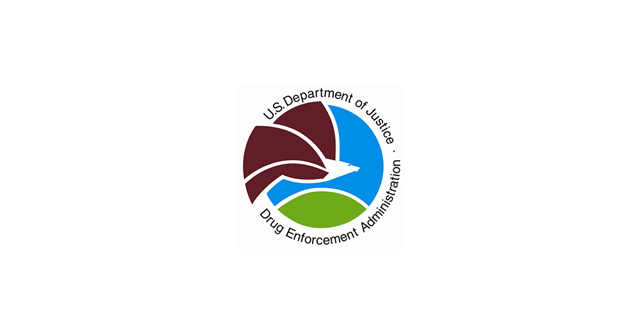Washington DC— The Drug Enforcement Administration urges its DEA-registered practitioners and members of the public to be cautious of telephone calls by scammers posing as DEA employees attempting to defraud and extort victims. The schemers call the victims, spoofing DEA phone numbers in order to appear legitimate, and threaten arrest, prosecution, and imprisonment for supposed violations of federal drug laws or involvement in drug-trafficking activities unless victims pay a “fine” over the phone, via wire transfer, or through a gift card.
The reported scam tactics continually change but often share many of the same characteristics. Callers use fake names and badge numbers or names of well-known DEA officials and may:
- use an urgent and aggressive tone, refusing to speak to or leave a message with anyone other than their targeted victim;
- threaten arrest, prosecution, imprisonment, and, in the case of medical practitioners, revocation of their DEA numbers;
- demand thousands of dollars via wire transfer or, in some instances, in the form of untraceable gift cards taken over the phone;
- falsify the number on caller ID to appear as a legitimate DEA phone number;
- will often ask for personal information, such as social security number or date of birth;
- reference National Provider Identifier numbers and/or state license numbers when calling a medical practitioner. They also might claim that patients are making accusations against that practitioner.
It is critical to note that DEA personnel do not contact practitioners or members of the public by telephone to demand money or any other form of payment; will not request any personal or sensitive information over the phone; and will only notify people of a legitimate investigation or legal action via official letter or in-person.
Impersonating a federal agent is a violation of federal law.




